Explore Lush Gardens Across the Country Via RAP Garden Virtual Tours
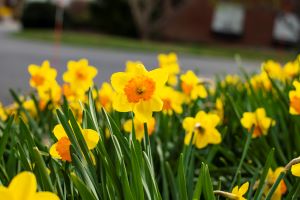 Want to tour a botanic garden or arboretum in your neck of the woods or across the country without setting foot out of your home? Now you can, thanks to the virtual tours developed by many of our 330+ Reciprocal Admissions Program gardens.
Want to tour a botanic garden or arboretum in your neck of the woods or across the country without setting foot out of your home? Now you can, thanks to the virtual tours developed by many of our 330+ Reciprocal Admissions Program gardens.
Following are several gardens offering virtual tours. Did we miss one? Let us know by contacting education@ahsgardening.org, and we’ll add it to the list!
Atlanta Botanical Garden: Lou Glenn Children’s Garden Tour
Birmingham Botanical Gardens: Spring Highlights and Japanese Garden
Botanic Garden of Smith College (Northampton, Mass.): TreeSpeak Tour
Buffalo & Erie County Botanical Gardens (Buffalo, N.Y.): A Glance at the Gardens
Cape Fear Botanical Garden (Fayetteville, N.C.): Virtual Tour of the Garden
Cheekwood Estate & Gardens (Nashville, Tenn.): Cheekwood in Bloom 2020
Chicago Botanic Garden: Virtual Tour of Summer
Conservatory of Flowers (San Francisco): Conservatory of Flowers Virtual Tour
Cranbrook House & Gardens (Bloomfield Hills, Mich.): Virtual Tour
Dallas Arboretum and Botanical Garden: Virtual Garden Tours
Descanso Gardens (La Canada Flintridge, Calif.): Descanso Digital Tours
Hatcher Garden (Spartanburg, S.C.): Virtual Tour
Heritage Museums & Gardens (Sandwich, Mass.): Virtual Collections
Huntsville Botanical Garden (Huntsville, Ala.): Virtual Garden Tour
Lewis Ginter Botanical Gardens (Richmond, Va.): A Virtual Visit
Marie Selby Botanical Gardens (Sarasota, Fla.): Bringing Selby Gardens to You
Missouri Botanical Garden (St. Louis, Mo.): Virtual Garden Tour
Museum of the Shenendoah Valley (Winchester, Va.): Virtual Garden Tour
Newfields Horticultural Society (Indianapolis, Ind.): Virtual Tour of the Gardens at Newfields
New York Botanical Garden (The Bronx, N.Y.): Read & Watch
Reiman Gardens (Ames, Iowa): Reiman Early Spring Flowers
State Botanical Garden of Georgia (Athens, Ga.): Virtual Tour of the Garden
Tower Hill Botanic Garden (Boylston, Mass.): Daffodil Fields and Signs of Spring
Tudor Place (Washington, D.C.): Virtual House Tour
U.S. Botanic Garden (Washington, D.C.): Google Map Tour
U.S. National Arboretum (Washington, D.C.): Spring at the National Arboretum
Wegerzyn Gardens MetroPark (Dayton, Ohio): Google Map Tour
Wilson Botanical Gardens (Wilson, N.C.): The Children’s Secret Garden
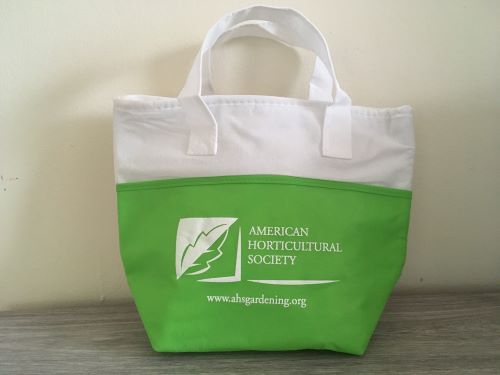 May is Membership Month at the American Horticultural Society (AHS), and all month long we’re recognizing friends like you for all you do to help promote sustainable gardening and build a community of responsible caretakers of the Earth.
May is Membership Month at the American Horticultural Society (AHS), and all month long we’re recognizing friends like you for all you do to help promote sustainable gardening and build a community of responsible caretakers of the Earth. For many years, I preferred doing gardening tasks barehanded. Not only did I enjoy the feeling of getting my “hands in the dirt,” but I often found that working with gloves reduced my ability to handle small, delicate plants with care. As I’ve gotten older, and the daily wear and tear takes more of a toll on my hands, I prefer to work with gloves, albeit the thinnest gloves possible.
For many years, I preferred doing gardening tasks barehanded. Not only did I enjoy the feeling of getting my “hands in the dirt,” but I often found that working with gloves reduced my ability to handle small, delicate plants with care. As I’ve gotten older, and the daily wear and tear takes more of a toll on my hands, I prefer to work with gloves, albeit the thinnest gloves possible. 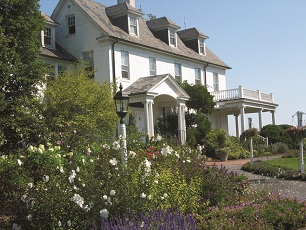
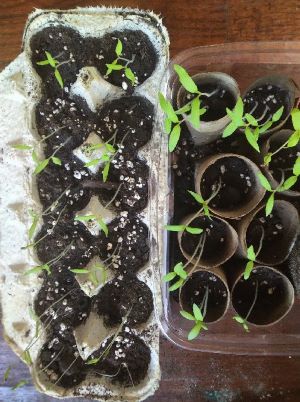 If you’re part of the new wave of home or apartment dwellers looking for resources on starting an edible garden, you’re not alone. While the American Horticultural Society encourages supporting local garden centers, there are lots of ways you can start a garden without buying special materials. Here are some of our favorite sustainable gardening hacks using readily available items.
If you’re part of the new wave of home or apartment dwellers looking for resources on starting an edible garden, you’re not alone. While the American Horticultural Society encourages supporting local garden centers, there are lots of ways you can start a garden without buying special materials. Here are some of our favorite sustainable gardening hacks using readily available items. Thanks to
Thanks to  Friday, April 3 kicks off Early Giving for ACT of Alexandria’s annual
Friday, April 3 kicks off Early Giving for ACT of Alexandria’s annual 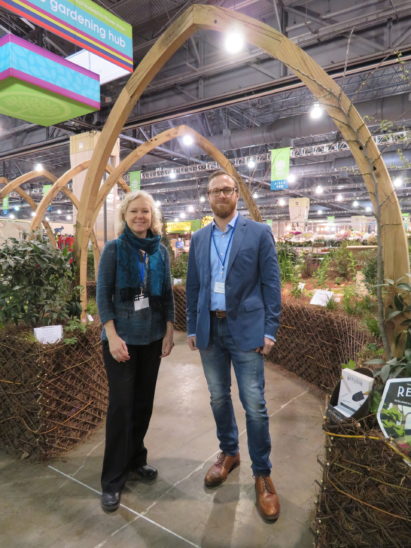
 Want to tour a botanic garden or arboretum in your neck of the woods or across the country without setting foot out of your home? Now you can, thanks to the virtual tours developed by many of our 330+
Want to tour a botanic garden or arboretum in your neck of the woods or across the country without setting foot out of your home? Now you can, thanks to the virtual tours developed by many of our 330+ 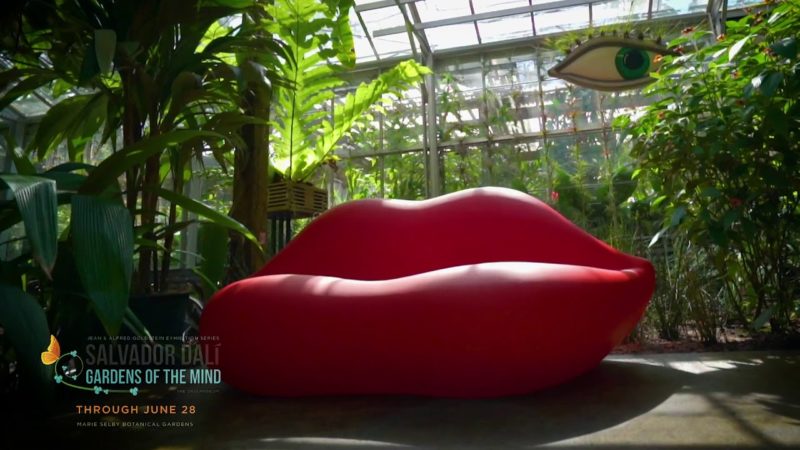 The
The 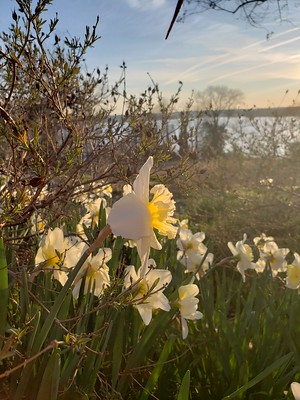 Do you need a diversion from your new WFH situation? Check in on Mr. President and The First Lady – the bald eagles at the
Do you need a diversion from your new WFH situation? Check in on Mr. President and The First Lady – the bald eagles at the